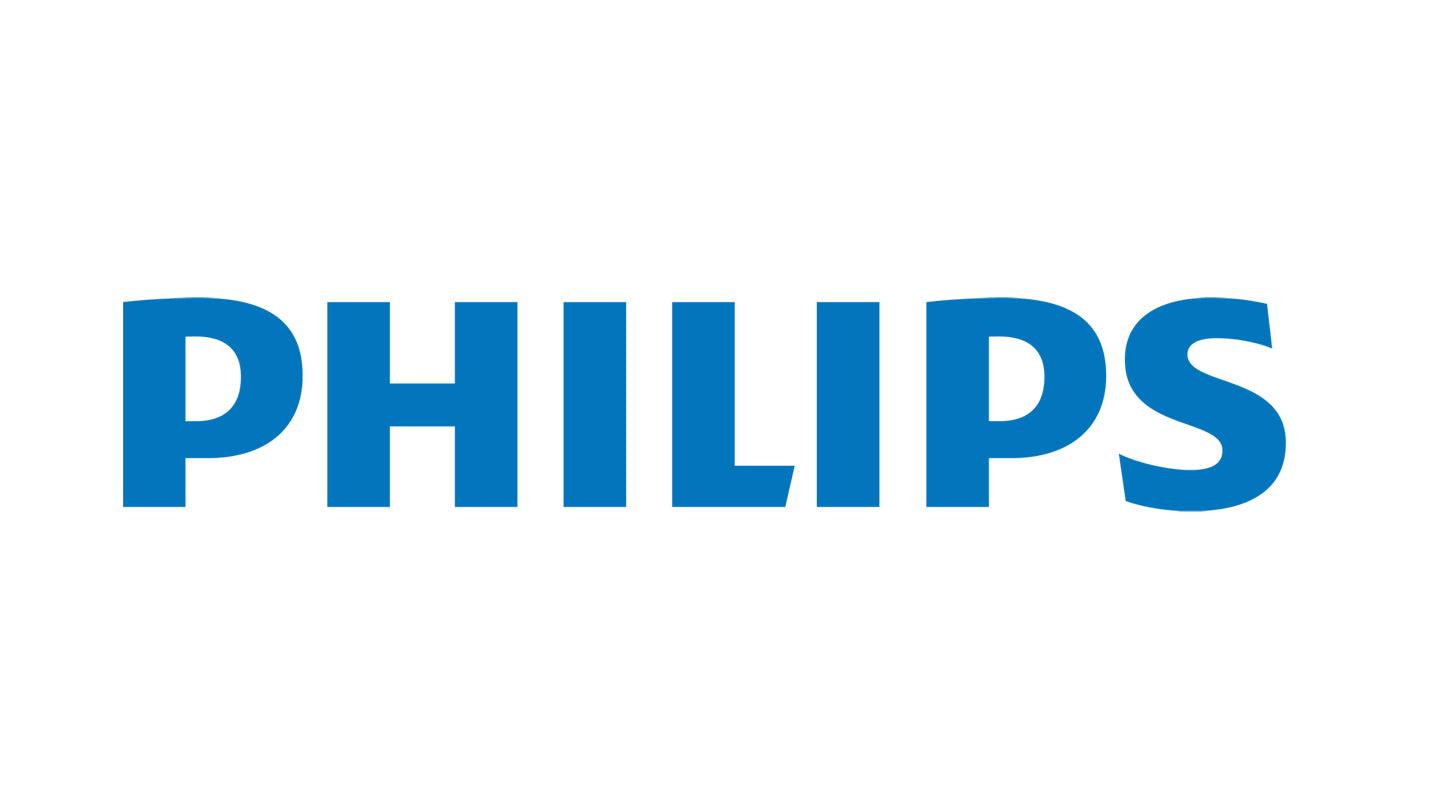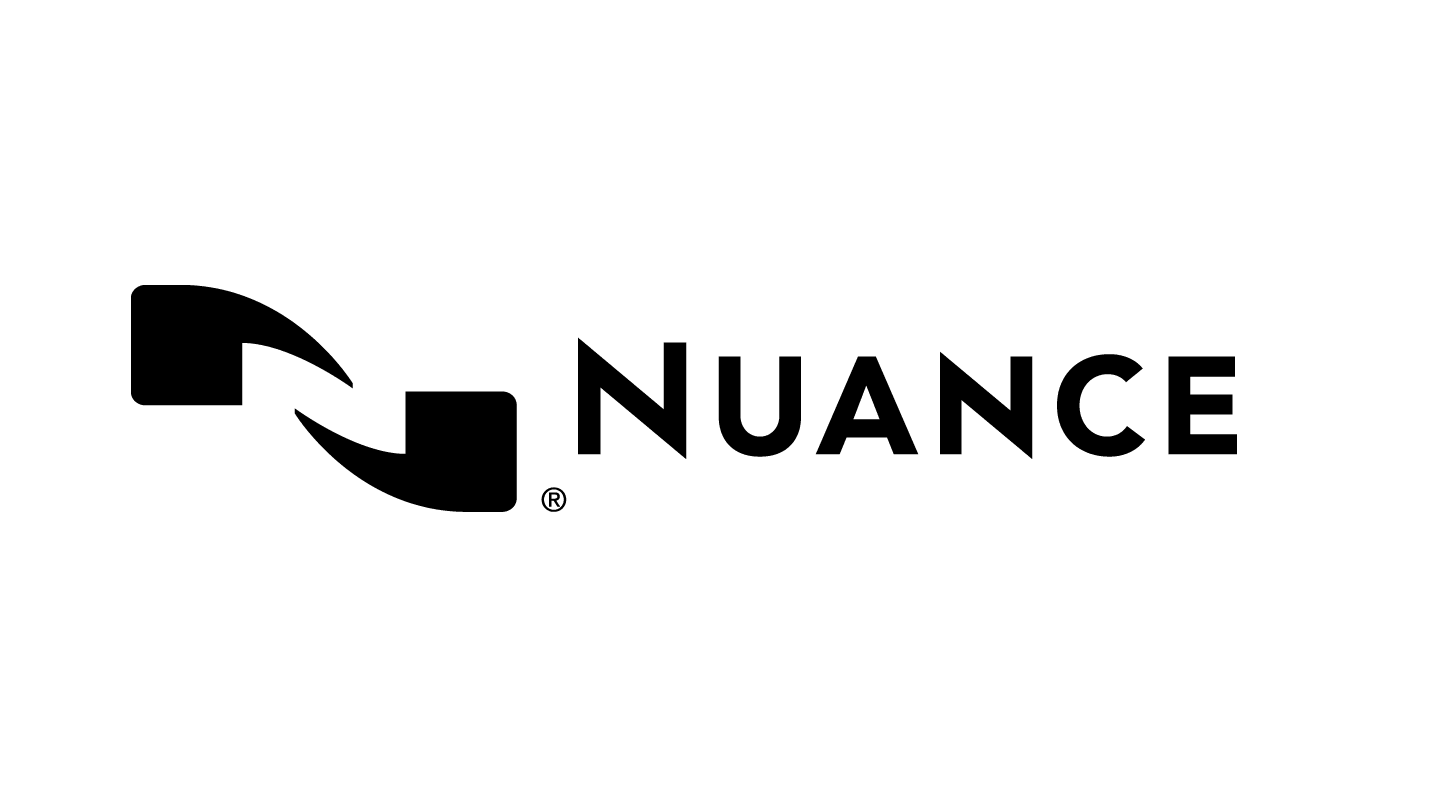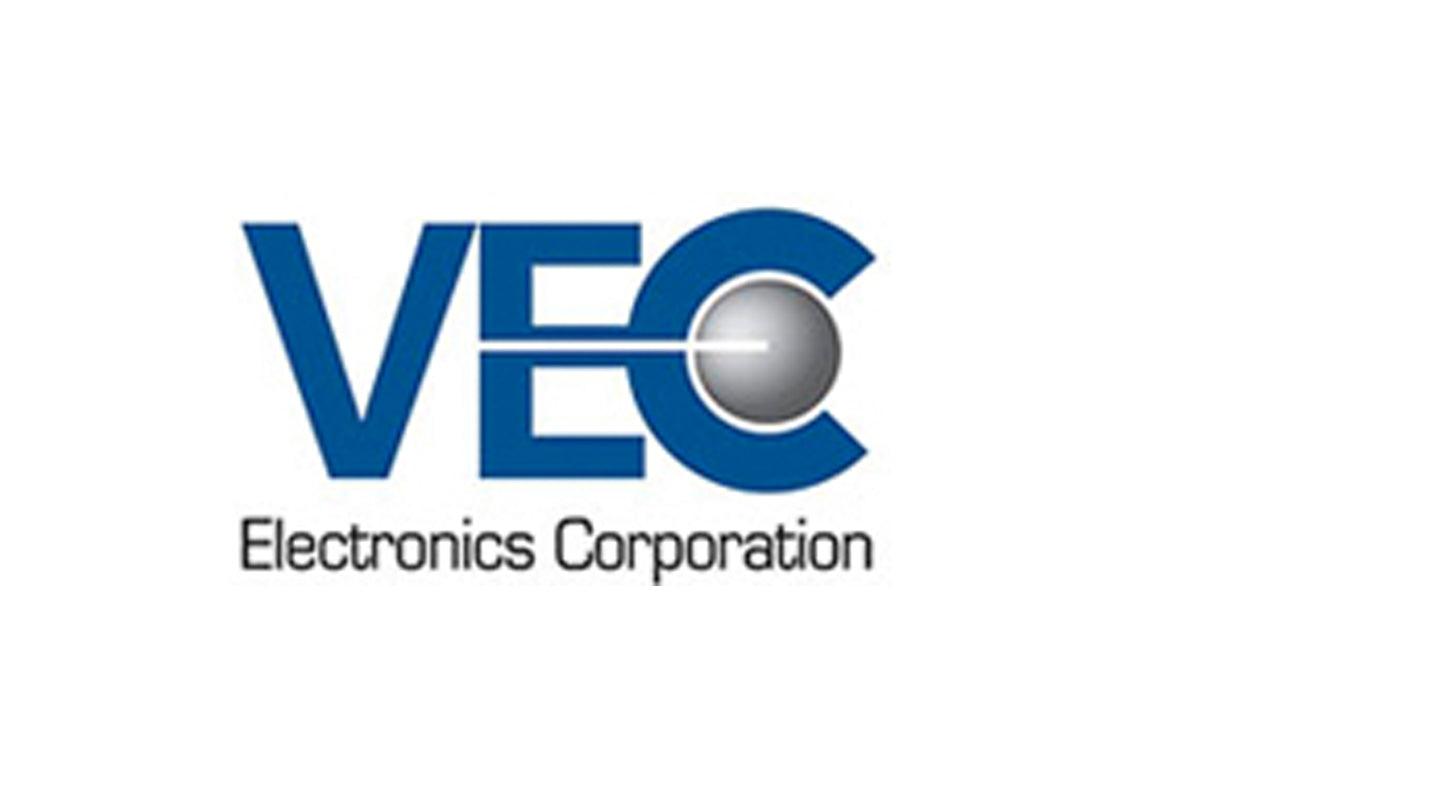Speech Recognition Technology In Healthcare

The Role of Speech Recognition Technology in Transforming Healthcare
The rapid advancement of technology in recent years has led to a profound transformation in the healthcare industry, particularly with the incorporation of artificial intelligence-based tools. One such groundbreaking innovation is speech recognition technology, which has been steadily gaining momentum as a valuable asset in enhancing patient care and streamlining medical processes.
As society strives towards service-driven goals and altruistic values, healthcare professionals must remain informed about these technological developments and their potential implications on delivering efficient and compassionate care.
Speech recognition technology has emerged as a powerful tool for facilitating effective communication between healthcare providers and patients and improving documentation accuracy and efficiency. By converting spoken language into written text, this cutting-edge software allows healthcare professionals to quickly capture critical information during patient consultations, thereby enabling them to devote more time to addressing individual needs and concerns.
Furthermore, speech recognition applications have demonstrated immense potential in reducing errors associated with manual data entry, ultimately safeguarding patient safety and promoting an environment where high-quality care can flourish. This article aims to explore speech recognition technology's impact on the healthcare sector while shedding light on its promising future prospects.
Benefits Of Speech Recognition Technology In Healthcare
- The use of speech recognition technology in healthcare is beneficial as it can increase the efficiency of medical processes.
- Speech recognition technology can help to streamline documentation, allowing medical professionals to spend more time on patient care.
- Additionally, the implementation of speech recognition technology in healthcare can help to reduce costs associated with medical transcription, freeing up resources for other areas.
- Due to its ability to increase efficiency while simultaneously reducing costs, speech recognition technology has become an important part of the healthcare industry.
Increased Efficiency
Picture a bustling hospital filled with healthcare professionals who are constantly on the move, attending to patients and updating medical records. In such a dynamic environment, efficiency is paramount, enabling them to provide better patient care.
Speech recognition technology in healthcare can be essential in achieving greater efficiency by streamlining administrative tasks and reducing the time spent on documentation. Healthcare speech recognition technology saves significant time by allowing doctors and nurses to dictate notes directly into electronic health record (EHR) systems. This reduces the need for manual data entry and minimizes transcription errors that can lead to inaccuracies in patient records.
Furthermore, this technology can potentially improve collaboration among healthcare professionals by enabling them to access up-to-date information quickly and easily. In essence, adopting speech recognition solutions can profoundly impact enhancing productivity levels within medical facilities.
In addition to its contributions towards improved efficiency, speech recognition technology assists healthcare providers in maintaining compliance with regulatory requirements concerning medical documentation. By ensuring that EHRs are accurate and up-to-date, these systems help minimize risks associated with incomplete or inaccurate patient records. Ultimately, such advancements contribute to a safer environment for both patients and healthcare professionals while fostering a culture of service excellence within the industry.
Reduced Costs
The implementation of speech recognition technology in healthcare organizations enhances efficiency and compliance and contributes to reduced costs. By streamlining administrative tasks, medical speech recognition systems enable healthcare professionals to focus more on patient care, leading to a more cost-effective approach.
Reduced time spent on documentation and minimizing transcription errors translate to significant savings for hospitals and clinics. Moreover, as healthcare organizations strive to provide quality care while managing limited resources, adopting such technology becomes increasingly relevant.
By automating routine tasks and cutting down on manual processes, medical speech recognition facilitates a more sustainable operational model that ultimately benefits both patients and staff. In this manner, integrating advanced technology into the healthcare sector allows for delivering high-quality care at reduced costs.
In summary, incorporating speech recognition technology within healthcare institutions is a key driver in achieving greater efficiency, compliance, and cost-effectiveness. The resulting benefits have far-reaching implications for improving patient outcomes and fostering a culture centered around service excellence in an ever-evolving industry landscape.
Popular Speech Recognition Applications In Healthcare
- Voice-enabled medical records are a type of speech recognition application in healthcare that enables patient data to be entered and updated through spoken commands.
- Automated medical transcription uses speech recognition technology to convert a physician's dictation into electronic medical records.
- Speech-to-text solutions efficiently capture clinical data and improve patient care by allowing physicians to spend more time with patients.
- Speech recognition technology in healthcare can also be used to improve patient safety by recognizing and alerting physicians of potential drug interactions.
- Speech recognition technology can be used to facilitate communication between staff and patients, as well as provide automated reminders for treatments or appointments.
- Speech recognition technology in healthcare can also be used to generate reports and summaries of a patient's medical history and treatment plans, facilitating a better understanding of a patient's medical condition.
Voice-Enabled Medical Records
Voice-enabled medical records have emerged as a promising application of speech recognition technology in the healthcare sector. With the increasing reliance on electronic health records (EHRs) for efficient patient care, the need for seamless and accurate data entry has become paramount.
Integrating voice recognition technology into EHR systems allows healthcare providers to transcribe spoken words into written text with minimal effort, thereby improving their ability to deliver timely and effective care.
Using speech recognition software to create and maintain medical records offers healthcare providers several benefits. Firstly, it significantly reduces the time spent on manual data entry, which enables clinicians to devote more attention to patient needs. Additionally, by streamlining documentation processes and minimizing errors associated with manual transcription, voice-enabled medical records enhance the overall quality of care.
Furthermore, this technology fosters collaboration among healthcare professionals by facilitating seamless communication and exchange of information within multidisciplinary teams.
In recent years, advancements in artificial intelligence and natural language processing have contributed to remarkable improvements in the accuracy and efficiency of voice recognition technology. As a result, many healthcare organizations are adopting speech recognition software for various applications ranging from clinical documentation to diagnostic support.
By harnessing the potential of voice-enabled medical records, these organizations can deliver better patient outcomes while fostering a culture that prioritizes compassionate and efficient care.
Automated Medical Transcription
In light of the numerous advantages presented by voice-enabled medical records, it is evident that speech recognition technology has transformative potential in the healthcare sector.
One particularly noteworthy application of this technology is automated medical transcription, which offers significant benefits in terms of efficiency and accuracy. By automating the process of converting spoken language into written text, healthcare providers can streamline their documentation processes while also minimizing errors associated with manual transcription.
Automated medical transcription using voice recognition technology has the potential to revolutionize patient care by enabling healthcare professionals to focus more on delivering compassionate and effective treatment. As artificial intelligence and natural language processing continue to advance, the accuracy of automated transcriptions will improve further, making this technology even more valuable for healthcare organizations.
This powerful tool saves time and resources and fosters collaboration among multidisciplinary teams, enabling seamless communication and information exchange.
In summary, the integration of speech recognition technology into various applications within the healthcare sector demonstrates its immense potential to enhance patient outcomes and optimize workflow processes. Automated medical transcription stands as a prominent example of how voice recognition can transform traditional approaches to documenting patient information, ultimately contributing to a more compassionate and efficient system that prioritizes patient care above all else.
Speech-To-Text Solutions
The growing prevalence of speech recognition technology in the healthcare industry has paved the way for innovative speech-to-text solutions, which have proven to be invaluable tools for medical staff. These solutions facilitate seamless documentation, enabling healthcare professionals to maintain accurate and up-to-date records while focusing on their primary responsibility: providing exceptional patient care.
By utilizing speech-to-text applications, medical personnel can streamline workflows and decrease administrative burdens, ultimately leading to more efficient practices and improved patient outcomes. Speech-to-text solutions offer many benefits for the healthcare sector, such as facilitating real-time transcription during clinical consultations or even dictating surgical procedures.
As a result, these technologies enhance documentation quality and promote collaboration among multidisciplinary teams by ensuring that vital information is recorded accurately and shared efficiently. Furthermore, these systems can reduce errors commonly associated with manual transcription processes, improving patient safety.
In light of these advantages, it is evident that speech recognition technology holds immense promise for transforming various aspects of the healthcare industry. Integrating speech-to-text solutions into daily medical practices underscores its potential to revolutionize traditional documentation and information exchange approaches.
As artificial intelligence and natural language processing continue to advance, one can expect further enhancements in the accuracy and utility of these systems, solidifying their position as indispensable tools for optimizing patient care and fostering a culture of compassion within healthcare organizations.
Implementation Challenges And Strategies
Data collection presents a challenge in implementing speech recognition technology in healthcare, as it requires large datasets of audio recordings to train the system accurately. Training and testing of the system must be carried out in order to guarantee accuracy and reduce the risk of errors.
Security risks are also a concern, as the technology must be able to detect and protect against malicious attacks while ensuring patient data privacy. Appropriate safeguards must be put in place to ensure that only authorized personnel can access the data. Furthermore, measures must be in place to protect the data from being modified or stolen.
In order to mitigate these challenges, robust data collection processes, comprehensive training and testing regimes, and secure systems should all be considered when implementing speech recognition technology in healthcare.
Data Collection
Data collection in the healthcare sector is critical, as it involves gathering and processing large volumes of sensitive patient information. Implementing speech recognition technologies can potentially revolutionize this process by facilitating an efficient and accurate data entry system.
Visualize a scenario where medical professionals swiftly dictate their observations, diagnosis, and prescriptions into voice-enabled devices, seamlessly transcribing verbal inputs into structured digital records.
Implementing speech recognition systems in healthcare necessitates striking a delicate balance between the practical benefits of streamlined data entry and the ethical responsibility to protect patient privacy. An engaging approach to address this challenge involves fostering collaboration among key stakeholders, such as technology developers, healthcare providers, and policy-makers, to design robust frameworks for secure voice data management.
These collaborative efforts should encompass establishing best practices for data encryption, storage, deletion policies and adherence to relevant regulatory standards like HIPAA (Health Insurance Portability and Accountability Act).
Another strategy for successfully deploying speech recognition technologies in healthcare is to embrace iterative improvement models based on continuous feedback loops from end-users. By involving medical professionals in the development process and incorporating their insights into refining the technology's performance accuracy, context-awareness and user-friendliness, it becomes possible to create tailor-made solutions that cater specifically to the unique requirements of diverse healthcare settings.
In this way, speech recognition applications can evolve into indispensable tools that empower clinicians with more time for direct patient care while ensuring precise documentation of essential medical information.
Training And Testing
Transitioning towards a successful implementation of speech recognition technology in the healthcare sector requires an effective strategy for training and testing these systems. This process is crucial to ensure that voice recognition software accurately understands and processes complex medical terminology, context-specific phrases, and diverse accents present in real-world healthcare environments. By leveraging natural language processing algorithms and machine learning techniques, developers can continually enhance the performance of these applications, making them more reliable and efficient tools for medical professionals.
One key aspect of training and testing speech recognition technologies involves collecting extensive datasets containing various dialects, accents, and languages spoken by both patients and healthcare providers. This enables the development of robust models to handle different scenarios while maintaining high accuracy levels in transcription services.
Additionally, it is essential to involve medical professionals during the training phase, as their expertise can help identify areas for improvement regarding terminologies or contextual understanding.
Through rigorous training and testing processes, speech recognition systems will continue to adapt and improve their capabilities within the healthcare domain. Ensuring that these technologies are fine-tuned to meet the specific needs of healthcare settings not only fosters trust among end-users but also contributes significantly to enhancing overall efficiency within the industry.
In this way, speech recognition technology is promising to revolutionize how patient data is collected, managed, and utilized across various aspects of healthcare delivery.
Security Risks
As the adoption of speech recognition technology becomes more widespread in the healthcare field, it is important to address potential security risks associated with the use of voice recognition devices and artificial intelligence systems.
Ensuring the confidentiality and integrity of sensitive patient information is a top priority for medical professionals and regulatory bodies that govern privacy standards within the industry.
Therefore, it is crucial to develop robust security measures that protect against unauthorized access and data breaches while maintaining compliance with relevant regulations.
To effectively mitigate these security risks, developers and healthcare organizations must collaborate to establish strict guidelines for data storage, transmission, and access control.
This includes employing advanced encryption techniques, secure authentication protocols, and regular system audits to maintain high protection for patient information.
Additionally, training healthcare staff on best practices for using voice recognition technologies can help reduce instances of human error that may expose sensitive data or compromise system integrity.
By diligently addressing security concerns and implementing comprehensive measures to safeguard patient information, stakeholders can foster trust in speech recognition technology and its ability to enhance care delivery across various aspects of the healthcare domain.
In this way, the benefits afforded by these advancements will be maximized while minimizing potential risks associated with their implementation.
The Future Of Speech Recognition In Healthcare
Imagine a world where healthcare professionals can focus solely on providing exceptional care to their patients, without being burdened by time-consuming documentation tasks. This vision may soon become a reality, as the future of speech recognition technology in healthcare promises to revolutionize the way medical practitioners interact with patients and manage their workloads.
With advancements in voice-enabled devices and conversational AI, there is great potential for this technology to transform not only the patient experience but also the efficiency of healthcare systems around the globe.
In recent years, speech recognition technology has made significant strides in terms of accuracy and versatility, enabling its successful integration into various aspects of healthcare. One such application is voice-enabled electronic health records (EHRs), allowing clinicians to dictate patient notes into the system directly. This saves time and reduces the risk of errors associated with manual data entry.
Furthermore, voice-enabled virtual assistants are poised to become an indispensable part of clinical workflows by streamlining administrative tasks such as scheduling appointments or managing prescriptions. As these technologies continue to improve and become more widely adopted, they are anticipated to reduce clinician burnout and improve overall patient outcomes.
The benefits of speech recognition technology extend beyond just improving efficiency within healthcare settings; it also holds significant promise for empowering patients to take greater control over their own health. Voice-enabled devices could enable individuals with disabilities or limited mobility to access important medical information more easily and communicate more effectively with their caregivers.
Moreover, conversational AI platforms have the potential to support people in managing chronic conditions by providing personalized guidance on topics such as medication adherence or lifestyle changes tailored to their specific needs. Such advancements hold tremendous potential for enhancing the quality of life for millions worldwide while ensuring that healthcare systems are better equipped to meet increasing demand.
Conclusion
The integration of speech recognition technology into the healthcare industry has significantly impacted improved patient care delivery. The adoption of voice-enabled tools empowers physicians and other healthcare professionals to streamline their workflows, reduce administrative burdens, and focus more on the well-being of their patients.
Furthermore, this technological advancement fosters better communication among medical teams, leading to more accurate diagnoses and personalized treatment plans.
In recent years, there has been a growing interest in incorporating speech recognition technology in various aspects of healthcare, such as electronic health records (EHRs), telemedicine, and even virtual assistants for clinical support. This widespread application demonstrates a clear commitment from the industry to continuously innovate and embrace new technologies that can enhance patient outcomes.
By enabling clinicians to efficiently access critical information through voice commands or dictate notes directly into EHR systems, valuable time can be saved – time that can be spent addressing patients' concerns and providing optimal care.
The undeniable benefits of integrating speech recognition technology in healthcare have led to its increasing adoption across diverse medical settings. Voice-enabled tools are shaping the future of healthcare by allowing practitioners to provide enhanced patient care and as an essential catalyst towards building a more collaborative and efficient environment within the industry.
As this trend continues to gain momentum, stakeholders must remain adaptable and receptive to these innovations which have the potential to significantly improve both individual patient experiences and overall public health outcomes.
In conclusion, the integration of speech recognition technology in healthcare has the potential to revolutionize various aspects of patient care and medical workflows.
Struggling with patient record management?😓
Don't worry,
Dragon Medical One is here to save the day!
🗂️ Say goodbye to messy paper records! 🙅♀️ Dragon Medical One digitizes and organizes your files.
💾
🎙️ Hands-free data entry? 🤯 Yes, please! Dictate your notes with voice recognition. 🗣️
📱 Access your records anytime, anywhere. 🌍 Cloud-based storage has your back! ☁️
So, why not give Dragon Medical One a try? 🤔 It's time to boost productivity and improve patient care.:
Join for free






